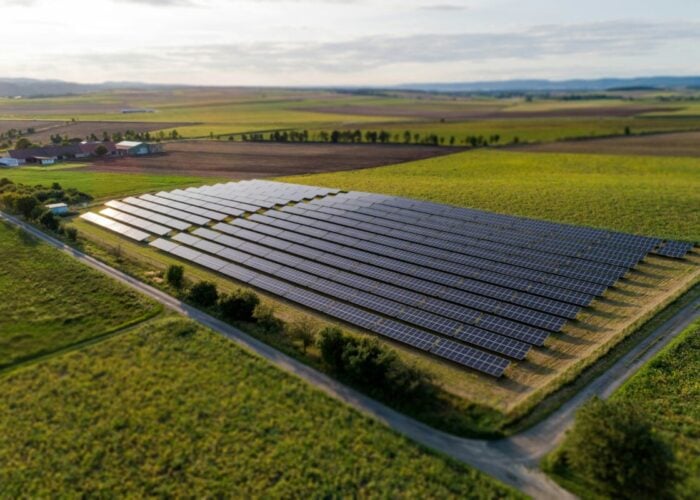The UK Government plan to significantly reduce carbon emissions in the country by introducing renewable energy sources; this involves a reduced carbon emissions target of 35%, which has been set for the year 2020, and at least 80% by 2050. These policies were outlined by Secretary of State of Energy and Climate Change, Ed Miliband in, “The UK Low Carbon Transition Plan, National strategy for climate and energy” White Paper.
PV-Tech reported on this plan back in 2008, when Miliband announced among other solar plans, a feed-in tariff rate to be introduced in the UK for suppliers of renewable energy who were feeding energy back into the grid. This bill was given a time-frame of one year to pass, yet it seems that now the time has come to put these feed-in tariff wheels in motion, the UK government is yet again holding back on too many specifics.
Try Premium for just $1
- Full premium access for the first month at only $1
- Converts to an annual rate after 30 days unless cancelled
- Cancel anytime during the trial period
Premium Benefits
- Expert industry analysis and interviews
- Digital access to PV Tech Power journal
- Exclusive event discounts
Or get the full Premium subscription right away
Or continue reading this article for free
The FiT is being labeled the “Clean Energy Cash-back Scheme,” most likely so that people fully understand what its purpose is. The introduction of an FiT rate was a conscious decision by the UK government to simplify the incentives surrounding using renewable energy sources (RES). The current system in place for generating renewable energy is the Renewable Obligation (RO), this is a very lengthy and complex system designed for energy professionals who generate electricity on a large scale (50kW+).
The cash-back scheme will benefit businesses and communities using renewable energy sources (RES) claiming that a building with well-placed solar panels could receive £800 and bill savings of £140 a year. This scheme, when implemented, will be the only option available for those with installations of up to 50kW while larger installations of 50kW-5MW will get the choice of either the FiT or the RO scheme.
The cash-back scheme will run from April 2010 for most RES, The Solar Heat Incentive (we’re assuming this means solar thermal) will begin a year later.






